
Welcome to our comprehensive analysis of the global political landscape, where we delve into the top 10 political parties shaping the world order.
From the Democratic and Republican Parties in the United States to influential entities such as the Communist Party of China and the Bharatiya Janata Party in India, we present an objective examination of the world's most powerful political players.
Join us as we explore their ideologies, policies, and impact on the global stage, fostering an informed understanding of the ever-evolving political landscape.
Democratic Party
The Democratic Party, known for its progressive platform and commitment to social justice, is one of the most influential political parties around the world. Founded in 1828, the Democratic Party has been a dominant force in American politics for over a century.
The party's platform focuses on issues such as healthcare reform, income inequality, and climate change. It advocates for policies that promote equal opportunities, protect civil rights, and support a strong social safety net. The Democratic Party's platform is centered around the principles of democracy, freedom, and justice for all.
Its commitment to inclusivity and diversity has made it a popular choice for voters who desire a more equitable society. Through its history and ongoing advocacy, the Democratic Party has played a significant role in shaping the political landscape both domestically and globally.
Republican Party
The Republican Party is one of the major political parties in the United States and has a significant influence on American politics. Known for its conservative ideology, the party has championed key policies such as limited government intervention, lower taxes, and a strong national defense.
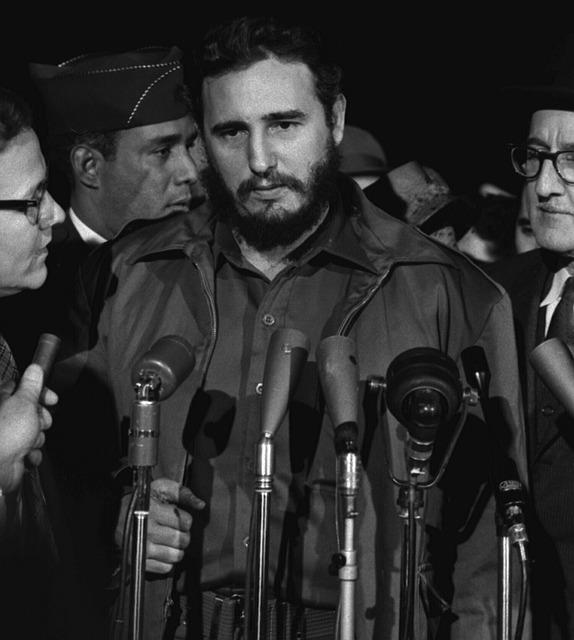
As a major player in the American political landscape, the Republican Party's policies and decisions have far-reaching implications both domestically and internationally.
Republican Party's Influence
An article determiner, the Republican Party's influence on global politics cannot be underestimated. With its long-standing history and strong presence in the United States, the Republican Party has played a significant role in shaping both domestic and international policies.
Here are some key aspects of the party's influence:
- Conservative Platform: The Republican Party's platform is rooted in conservative principles, advocating for limited government, free markets, and individual freedoms. This ideology resonates with many like-minded individuals across the globe who prioritize personal liberty and limited state intervention.
- Voter Base: The party's voter base consists of a diverse group of individuals, including business owners, religious conservatives, and rural communities. Their support and engagement have propelled Republican candidates to positions of power, allowing them to shape global agendas and policies.
- Foreign Policy: Republican administrations have traditionally pursued assertive foreign policies, emphasizing American exceptionalism, strong national defense, and a proactive approach to global challenges. This approach has had a significant impact on international relations and global security.
- Economic Influence: The Republican Party's commitment to free markets and deregulation has influenced economic policies worldwide. Through trade agreements, investment strategies, and market-oriented reforms, their ideas have shaped economic landscapes globally.
The Republican Party's influence extends beyond the United States, making it a force to be reckoned with in global politics.
Key Republican Policies?
One key aspect of the Republican Party's influence on global politics is its implementation of a range of influential policies.
The Republican Party is known for its strong focus on economic policies that promote free markets, limited government intervention, and individual liberty. They advocate for lower taxes, reduced government spending, and deregulation to stimulate economic growth and job creation.
Additionally, the party supports free trade agreements that aim to expand market access for American businesses and promote global economic cooperation.

On the topic of immigration, the Republican Party generally takes a more restrictive stance. They prioritize border security, enforcement of immigration laws, and a merit-based system for legal immigration. These policies reflect the party's emphasis on national security and protecting American jobs and resources.
Bharatiya Janata Party
The Bharatiya Janata Party (BJP) is a right-wing political party in India that espouses the ideology of Hindu nationalism.
With its roots in the Rashtriya Swayamsevak Sangh (RSS), the BJP has emerged as one of the largest and most influential political parties in the country.
Over the years, it has achieved significant electoral success, including forming the government at the national level multiple times.
Bjp's Political Ideology
Bharatiya Janata Party's political ideology can be characterized by its commitment to Hindu nationalism and conservative values. The BJP, one of the most influential political parties in India, has played a significant role in shaping the country's political landscape.
With a strong emphasis on Hindutva, the party aims to promote the interests of the Hindu majority and protect their cultural identity. The BJP's stance on social issues reflects its conservative outlook, advocating for traditional family values, opposing same-sex marriage, and supporting stricter laws on religious conversion.
Additionally, the party has been vocal about its commitment to national security, seeking a firm response to cross-border terrorism and illegal immigration.
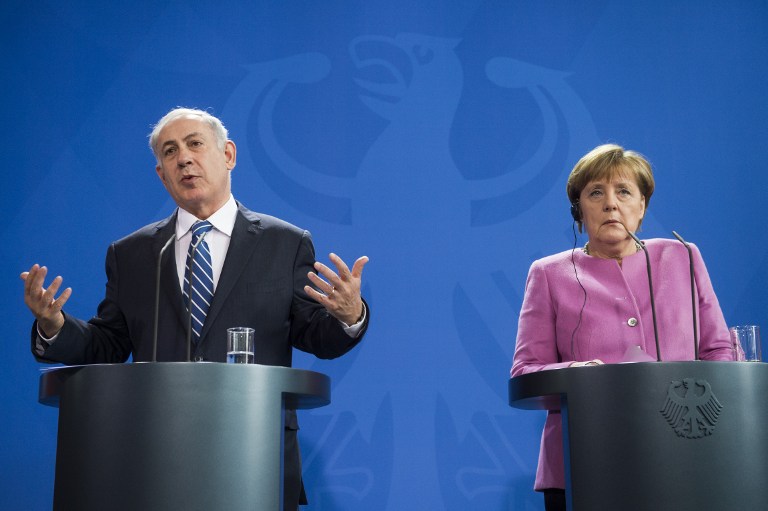
Bjp's Electoral Success?
The electoral success of the Bharatiya Janata Party (BJP) can be attributed to its strong emphasis on Hindu nationalism and conservative values. The party's campaign strategies have played a crucial role in its victories. The BJP has effectively utilized social media platforms and technology to connect with voters and spread its message. It has also focused on grassroots campaigning, organizing rallies, and mobilizing its supporters. Additionally, the party has successfully projected a strong and charismatic leadership, with Prime Minister Narendra Modi being a key figure in the BJP's electoral triumphs.
In terms of its impact on the Indian economy, the BJP has pursued policies aimed at promoting growth and development. It has implemented economic reforms such as the introduction of the Goods and Services Tax (GST) and initiatives like 'Make in India' to boost manufacturing and investment. However, the party has also faced criticism for its handling of issues such as unemployment and rural distress. The long-term implications of the BJP's economic policies and their effects on the Indian economy remain subjects of debate and further analysis.
Communist Party of China
Ranked as one of the most influential political parties globally, the Communist Party of China plays a pivotal role in shaping the country's political landscape. With its firm grip on power, the party's economic policies have focused on implementing state-led industrialization and promoting economic growth through centralized planning.
However, critics argue that these policies have resulted in a lack of market competition and limited individual freedoms.
In terms of social policies, the party has emphasized social stability and harmonious development, often employing strict control measures to maintain social order. This approach has been met with criticism for suppressing dissent and violating human rights.
While the party's economic and social policies have contributed to China's rapid rise as a global power, they have also raised concerns about individual liberties and human rights.
Conservative Party
How does the Conservative Party shape political landscapes around the world?
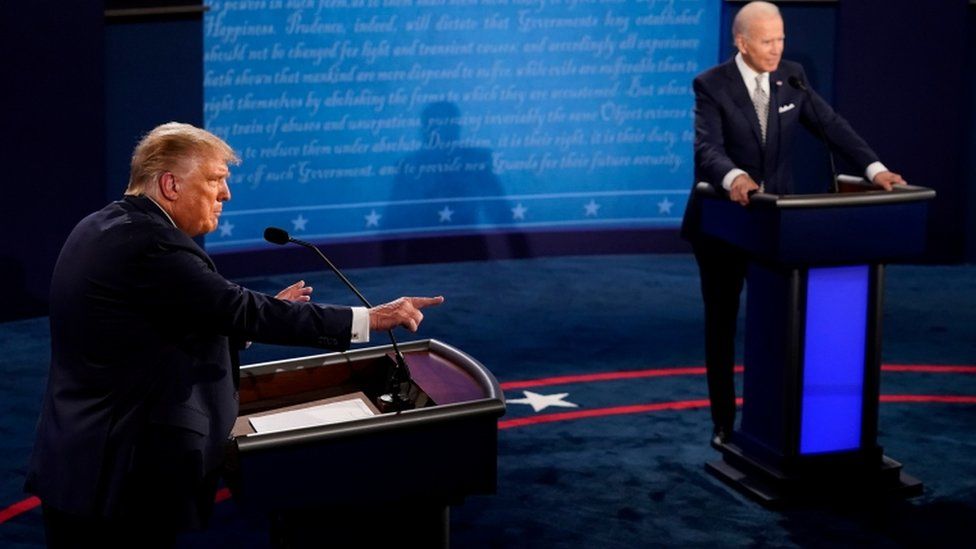
The Conservative Party is one of the most influential political parties globally, representing conservative ideologies and values. It has a significant impact on shaping political landscapes in various countries.
For instance, in the United Kingdom, the Conservative Party has played a pivotal role in governance and has been in power for extended periods. Similarly, the Bharatiya Janata Party (BJP) in India, which shares conservative principles with the Conservative Party, has emerged as a dominant force in Indian politics.
The Conservative Party's influence extends beyond these countries, with conservative parties around the world often looking to its strategies and policies for inspiration. However, it is essential to note that the specific ways in which the Conservative Party shapes political landscapes may vary depending on the cultural, social, and historical contexts of each country.
Labour Party
The Labour Party is a political party with a strong focus on social democracy and the rights of the working class. Throughout history, the party has had a significant impact on British politics, introducing important reforms such as the establishment of the National Health Service and the creation of the welfare state.
Currently, the party is led by Keir Starmer, who was elected as the leader in 2020.
Labour Party's Ideology
The ideology of the Labour Party centers around advocating for social justice and equality. The party's policies have a direct impact on the working class, aiming to improve their living conditions and ensure fair treatment in the workplace.
Here are four key aspects of the Labour Party's ideology:
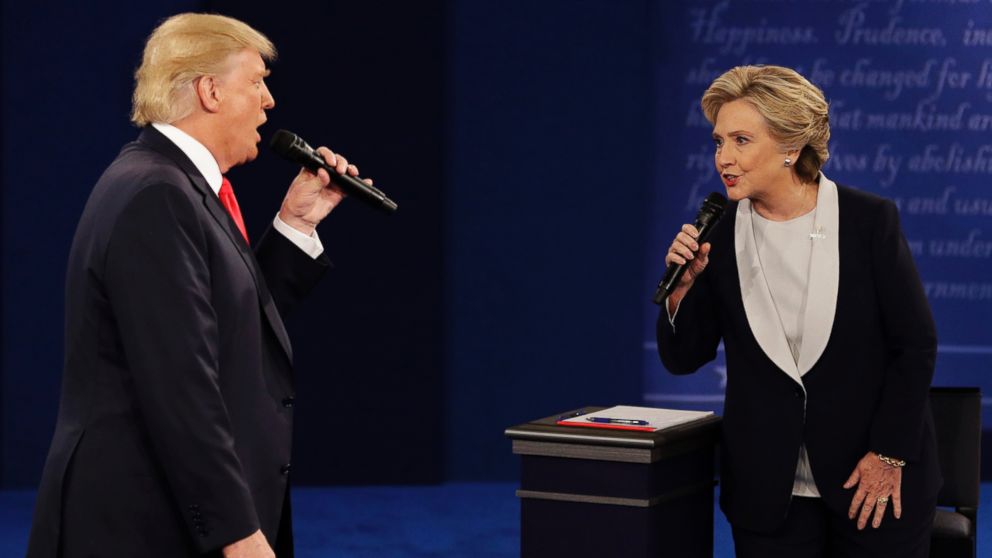
- Worker rights: The Labour Party is committed to protecting workers' rights, promoting fair wages, and improving working conditions. They believe in strengthening labor unions and collective bargaining to ensure workers have a voice in decision-making processes.
- Income redistribution: The party seeks to reduce income inequality through progressive taxation and welfare policies. They aim to create a more equitable society by redistributing wealth and providing a safety net for those in need.
- Social programs: The Labour Party supports robust social programs such as healthcare, education, and housing. They believe these services should be accessible to all, regardless of socioeconomic background.
- Environmental sustainability: The party emphasizes the need for sustainable development and tackling climate change. They aim to create green jobs, invest in renewable energy, and promote environmentally-friendly policies to protect the planet for future generations.
The Labour Party's ideology reflects a commitment to social justice, equality, and the well-being of the working class. Through their policies, they strive to create a fairer and more inclusive society.
Historical Impact of Labour
Continuing the discussion on the Labour Party's ideology, historically, the party has played a significant role in advocating for social justice and equality.
The Labour Party has had a profound impact on society through its implementation of various labour reforms and its role in promoting social welfare. One of the party's notable achievements was the introduction of the National Health Service (NHS) in 1948, which provided universal healthcare to all British citizens regardless of their socio-economic status. This groundbreaking policy transformed the healthcare landscape and ensured that access to medical services was no longer a privilege for the wealthy, but a right for all.
Additionally, the Labour Party has championed the rights of workers by advocating for fair wages, improved working conditions, and the establishment of worker protection laws. These initiatives have helped to create a more equitable society and have improved the lives of countless individuals.
Current Party Leadership?
The current leadership of the Labour Party is crucial in shaping the party's future direction and policies. The party's current leaders have a significant impact on the party's success and ability to attract voters.
Here are some key points to consider regarding the current party leadership of the Labour Party:
- The current party leader is responsible for setting the party's agenda and representing the party's values and principles.
- The leadership's ability to effectively communicate the party's message and engage with the public is essential for gaining support and mobilizing voters.
- The leadership's strategic decision-making skills and ability to adapt to changing political landscapes can have a significant impact on the party's electoral success.
- The leadership's ability to unify and inspire party members is crucial for maintaining party cohesion and effectiveness.
Liberal Democratic Party
Ranked among the most influential political parties worldwide, the Liberal Democratic Party (LDP) holds a prominent position in contemporary politics. The LDP is committed to upholding liberal democracy's principles, which include individual freedoms, human rights, and the rule of law.
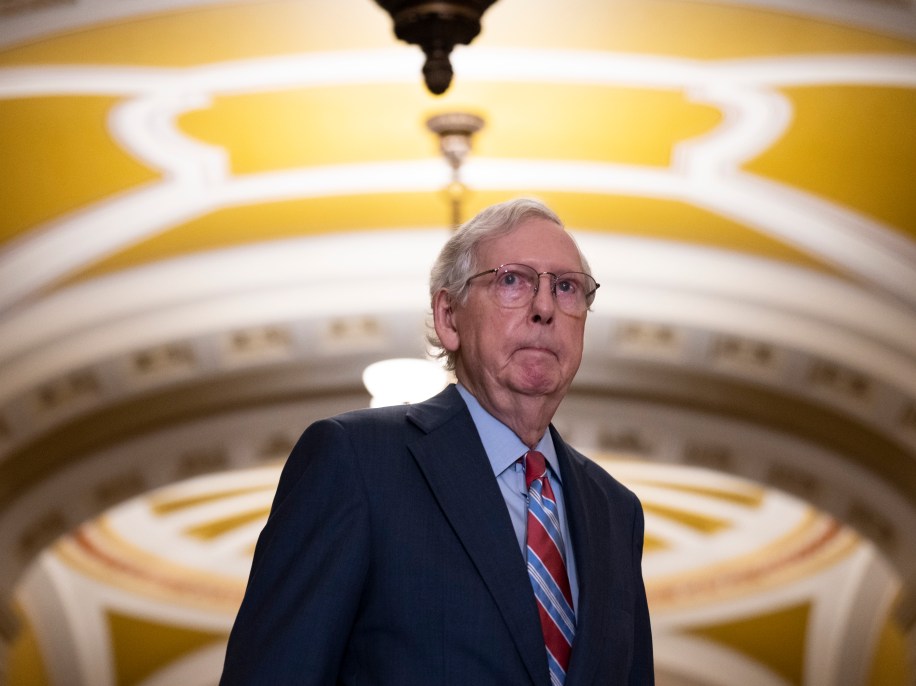
As a party that advocates for personal and political liberties, the LDP takes a progressive stance on social issues. It supports equal rights for all individuals, regardless of their gender, sexual orientation, or ethnicity. The party emphasizes the importance of inclusivity and diversity in society, promoting policies that advance social justice and equality.
The LDP's commitment to liberal democracy's principles and its progressive stance on social issues has garnered it support from individuals who value freedom and equality. Consequently, the party's influence extends beyond its borders, making it one of the top political players on the global stage.
African National Congress
The African National Congress (ANC) is a prominent political party that holds significant influence in global politics. With a rich history rooted in the struggle against apartheid, the ANC has played a pivotal role in shaping the democratic South Africa we see today.
Here are four key aspects that evoke emotions when discussing the ANC:
- Liberation: The ANC's fight against apartheid represents the triumph of freedom over oppression.
- Mandela's Legacy: Nelson Mandela, an ANC member, symbolizes the party's commitment to justice, equality, and reconciliation.
- Socioeconomic Transformation: The ANC aims to address historical injustices through policies that prioritize poverty alleviation, job creation, and education.
- Challenges and Criticisms: While the ANC has achieved significant milestones, it faces ongoing challenges such as corruption and socioeconomic inequality.
The ANC's enduring presence in South African politics demonstrates its continued importance in shaping the nation's future. As the world admires the ANC's struggle for freedom, it serves as an inspiration to all who desire a more just and inclusive society.
United Russia
Continuing the exploration of influential political parties, we now turn our attention to United Russia, a party that holds significant sway in global politics. United Russia's policies are centered on promoting stability, economic development, and national unity within Russia. The party emphasizes the importance of a strong central government and has been instrumental in implementing policies aimed at consolidating power.
In terms of international relations, United Russia has adopted a pragmatic approach, prioritizing Russia's national interests. The party advocates for a multipolar world order and has been known to assert Russian influence in neighboring countries. United Russia's international relations are guided by the principle of non-interference in the internal affairs of other nations, while seeking to protect Russia's strategic assets and maintain regional stability.
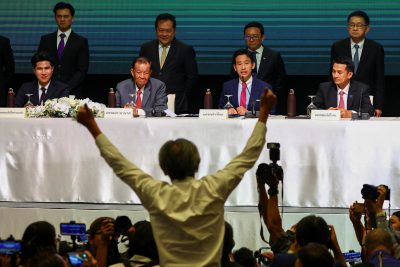
People's Action Party
Moving forward in our exploration of influential political parties, we now delve into the People's Action Party, a party that embodies a strong commitment to progress and effective governance.
The People's Action Party (PAP) is the ruling political party in Singapore and has been in power since the country gained independence in 1965. Known for its pragmatic and results-oriented approach, the PAP has implemented several key policies that have helped transform Singapore into a prosperous and developed nation.
These policies include a focus on economic growth and development, investment in education and healthcare, and the promotion of social cohesion and racial harmony. The PAP's emphasis on meritocracy and efficiency has been instrumental in Singapore's success, making it a party that resonates with individuals who value freedom, progress, and effective governance.
Frequently Asked Questions
What Are the Main Policy Positions or Ideologies of Each of These Political Parties?
The main policy positions and ideologies of the top political parties vary across countries. Analyzing their influence and power, it becomes clear that each party's stance on issues directly impacts their level of success and support.
How Do These Political Parties Compare in Terms of Their Influence and Power in Their Respective Countries?
Factors such as voter support, party organization, and historical context play a crucial role in determining the influence and power of political parties worldwide. Additionally, the role of money and media in shaping party influence cannot be underestimated.
What Are Some of the Key Historical Events or Milestones Associated With Each of These Political Parties?
Key historical events or milestones associated with these political parties include the formation of the party, significant policy changes, and electoral victories. Notable politicians or leaders associated with these parties have played crucial roles in shaping their respective ideologies and agendas.
Are There Any Notable Politicians or Leaders Associated With These Political Parties?
There are several notable politicians associated with global political parties, whose leadership has had a significant impact on their respective parties. These influential leaders have shaped the direction and policies of their parties, leaving a lasting legacy.
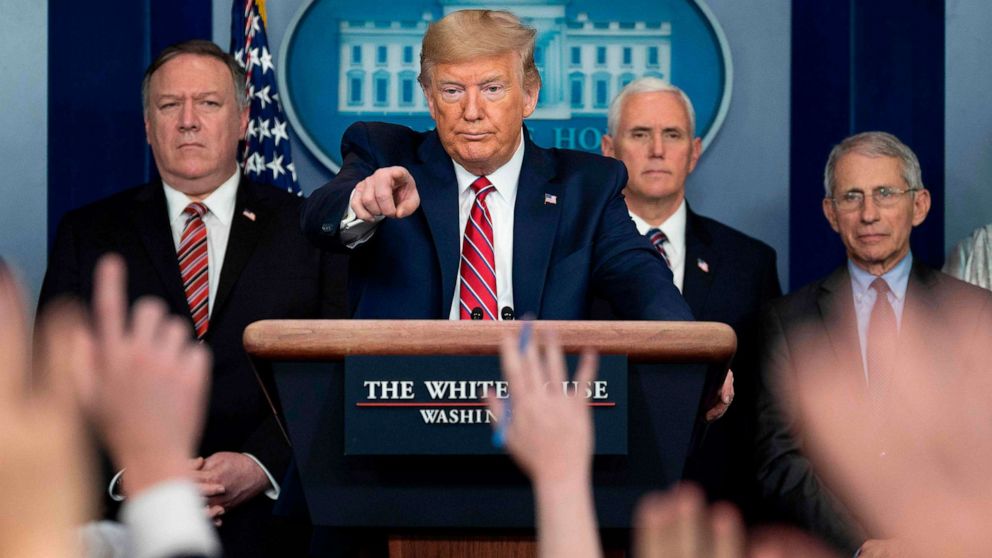
How Do These Political Parties Engage With and Mobilize Their Supporters or Constituents?
Political parties engage and mobilize their supporters through grassroots movements, utilizing tactics such as community organizing, canvassing, and volunteer recruitment. Additionally, technology plays a crucial role in their efforts, with digital campaigning enabling parties to reach and engage with constituents on a larger scale.






